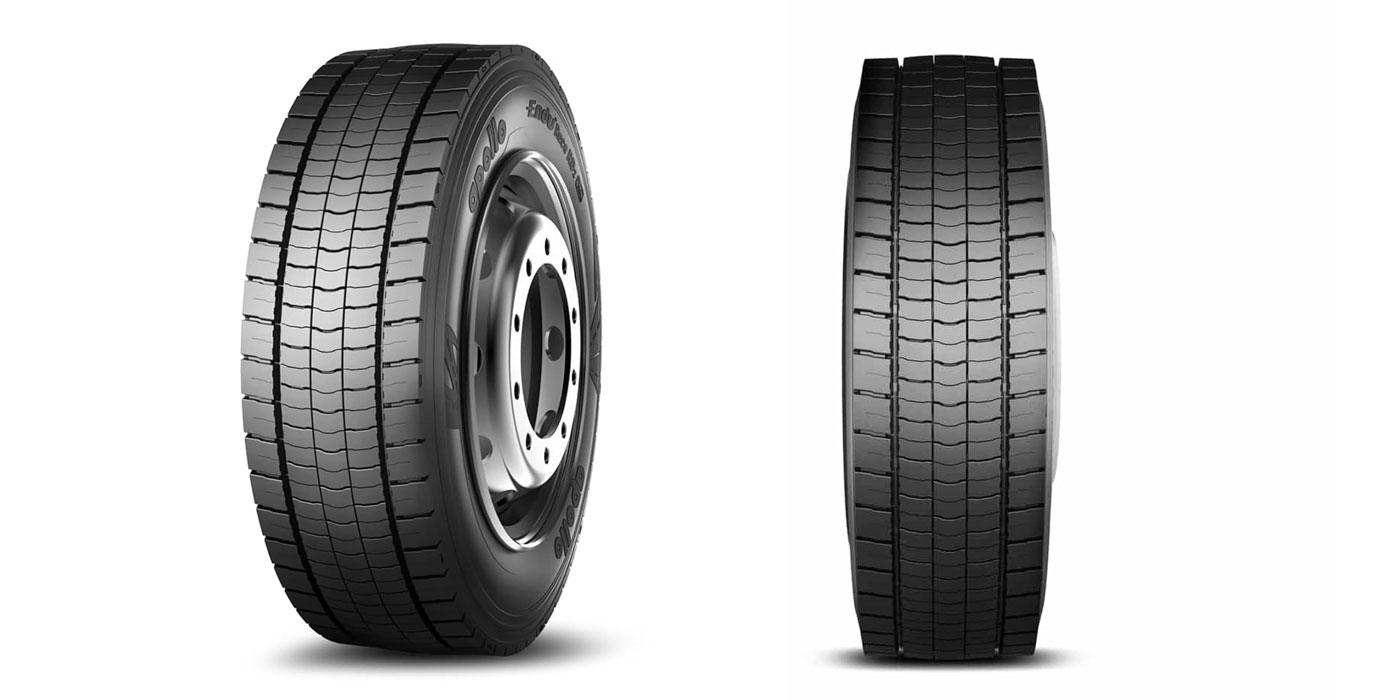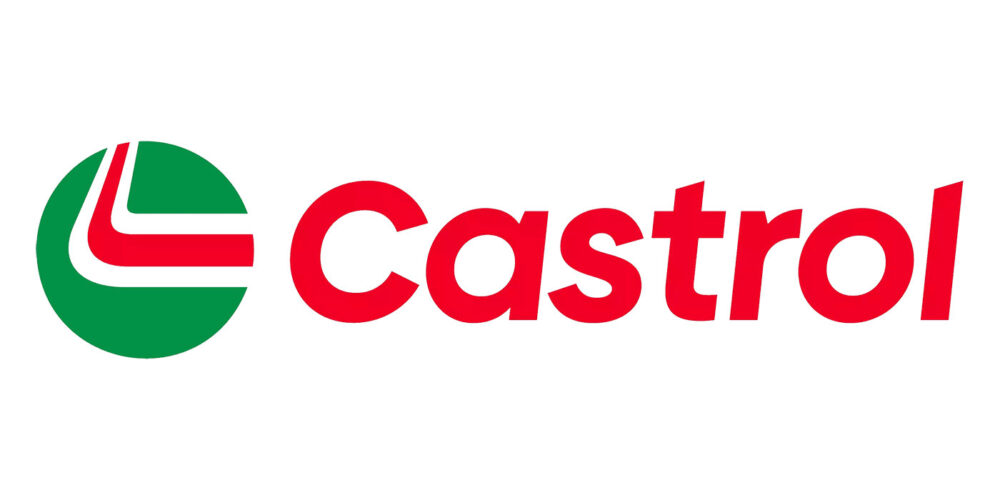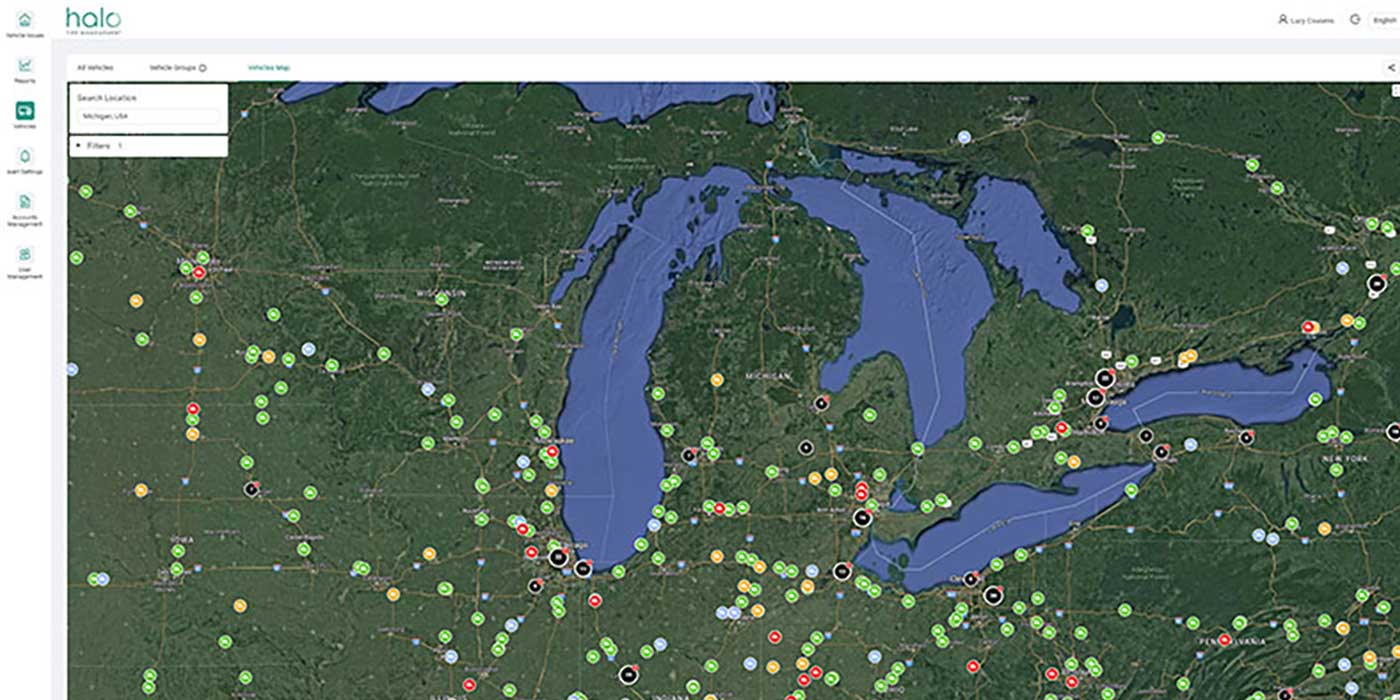Much has happened this year in the areas of diesel engine oils and alternative fuels.
We have approximately one year under our belts with the new API CK-4/FA-4 API performance categories. CK-4 is an improvement over CJ-4 in the areas of oxidative stability, viscosity control (shear stability), air entrainment (aeration), and catalyst/particulate trap durability. CK-4 oils are completely backwards compatible with older engines currently using CJ-4 oils, and the transition to CK-4 has gone smoothly. The new oils are widely available as 623 separate products have been licensed against CK-4 specs to date.
Since FA-4 oils are less viscous, most OEMs approve them only for their 2017 engine designs. To date, only about 80 products have been licensed by the API, according to Kevin Ferrick, senior manager of API’s Engine Oil Licensing and Certification System.
FA-4 SAE 10W-30 oil is thinner than a CK-4 10W-30 oil, so be very careful. Proper oil management is imperative to ensure your techs are putting the right oil in the right engines. Check with your engine builder before considering switching to FA-4 oils for their fuel economy benefits.
Corn-based ethanol is having some trouble in the marketplace. The European Union currently has a 7% cap on ethanol in gasoline. Their Parliament recently recommended a complete phase-out of food-based biofuels by 2021.
European countries are unhappy with corn-based ethanol because they have to pay about $2/gal. for U.S. imports, and their food costs have increased significantly. They, like many in the U.S., can’t understand why the conversion to cellullosic ethanol has taken so long. Of the 1.6 billion RINs issued for renewable fuels in October, only 21.4 million were for cellulosic feed stocks. In fact, DuPont is selling their cellulosic ethanol plant after only two years of operation.
The Renewable Fuels Association (RFA) has stated that ethanol’s higher octane number (about 107) enables engine designers to build more efficient high-compression gasoline engines. But if you look at actual data, it takes 40% ethanol to increase motor octane numbers nine points, which results in a 4% fuel economy improvement. This may not be a convincing argument to scientists.
Biodiesel production continues to increase steadily (2.9 billion gallons in 2016). ASTM specs recently changed to allow the transport of biodiesel through some pipelines, and so growth should accelerate. Remember, biodiesel is not directly dependent on sources of food. Biodiesel is produced from fats and oils such as algae, animal fats, recycled cooking grease, and plant oils. Only 20% of the soybean is used to produce biodiesel. The other 80% is used for such things as cattle feed.
Algae is rapidly going nowhere for at least two reasons. The first is cost. It is difficult to commercialize algae-based biofuels in the current market where the cost of hydrocarbon fuels is so low. Second, those in the algae industry are also critical of our U.S. Department of Energy (DOE). They say the DOE allows algae grants only for basic research done by universities, etc. No grants have been issued to commercialize algae fuels even though feasibility demonstrations were completed in automobiles and aircraft several years ago.
Natural gas will be the obvious near-term winner for centrally fueled fleets when diesel prices begin to increase again. According to ACT Research, there has been an increase in heavy-duty natural gas use from the refuse industry, which has been adding new natural gas-powered trucks in significant volume, as noted in its N.A. On-highway CV Engine Outlook. Waste Management operates more than 6,000 natural gas-powered trucks and 100 refueling stations across the US; 25 of those stations offer public access.














